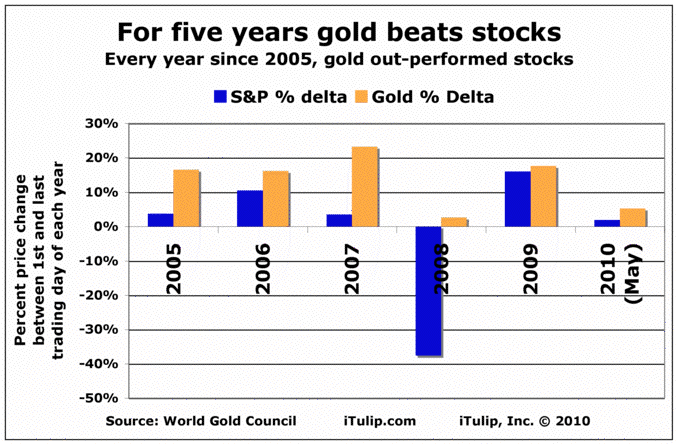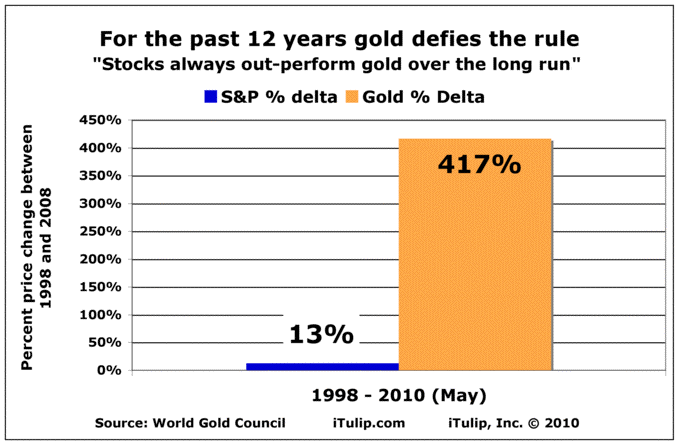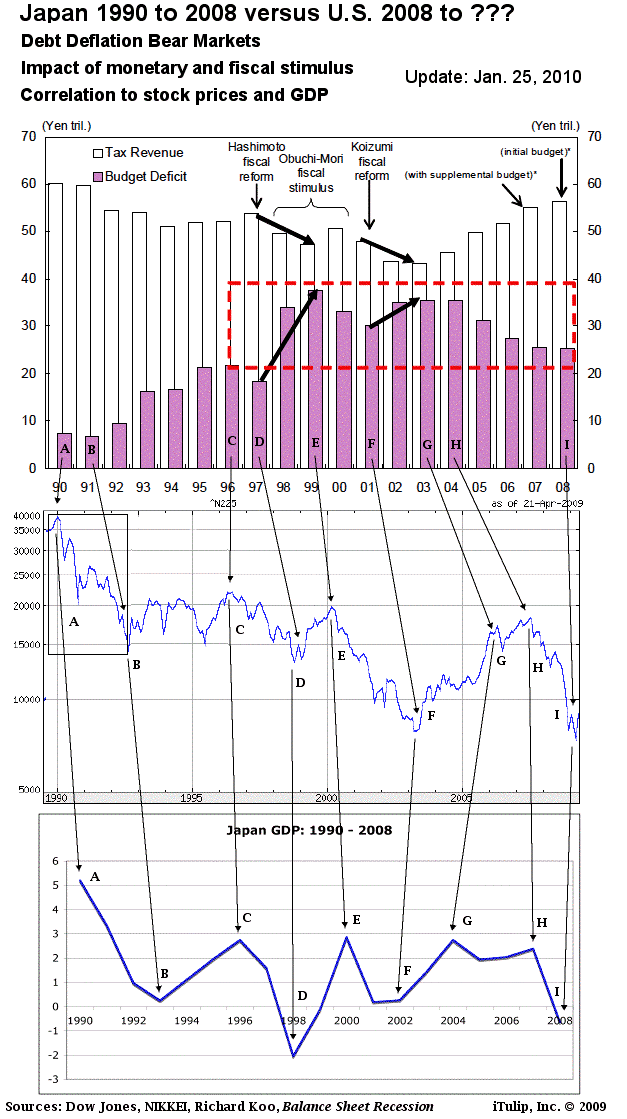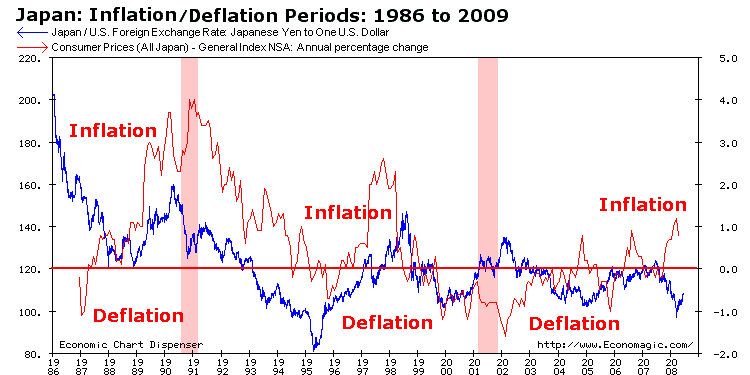Re: Dow Theorist Richard Russell: Sell Everything Liquid, You Won't Recognize America By The End Of The Year
Did you just ask on a new thread whether buying TBT (long interest rates on TYX) should be a no-brainer? People who see things as "no-brainers" are not infrequently just that, I.e. they have no brains. Here you think something is consistent with deflation, but there you were going long TYX interest rates. Seems to me a bit of thinking two opposites things at one time with both correct.
Whether anyone actually is correct in the deflation/inflation argument, one should avail oneself of both sides of the arguments. Most people espousing an opinion on one or the other do so with little to no mention of a time frame. You might read David ROsenberg's on-going comments on the deflationary case, which he thinks is the predominant situation currently and for the the first half of this decade.
Originally posted by jpatter666
View Post
Whether anyone actually is correct in the deflation/inflation argument, one should avail oneself of both sides of the arguments. Most people espousing an opinion on one or the other do so with little to no mention of a time frame. You might read David ROsenberg's on-going comments on the deflationary case, which he thinks is the predominant situation currently and for the the first half of this decade.





Comment